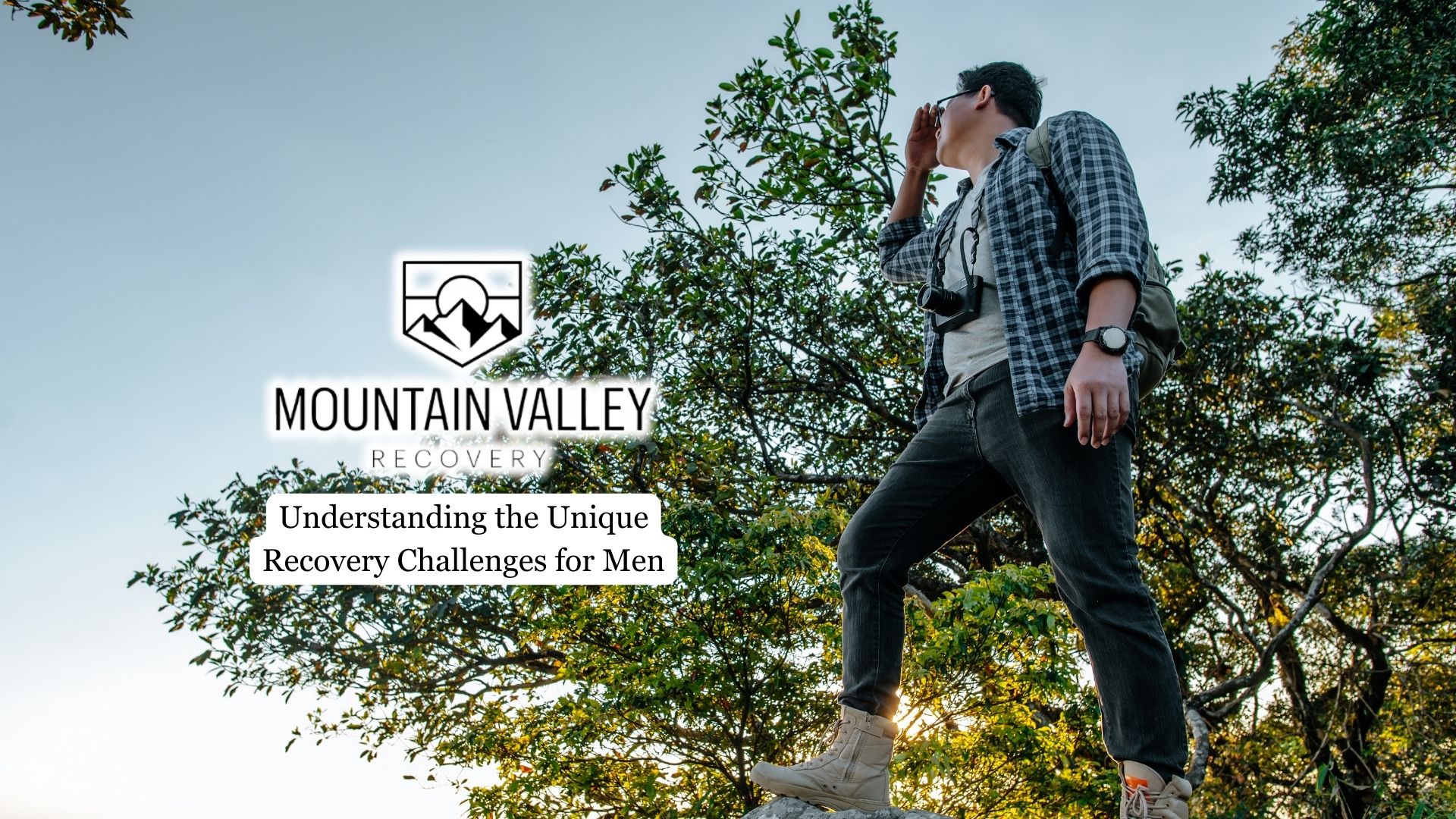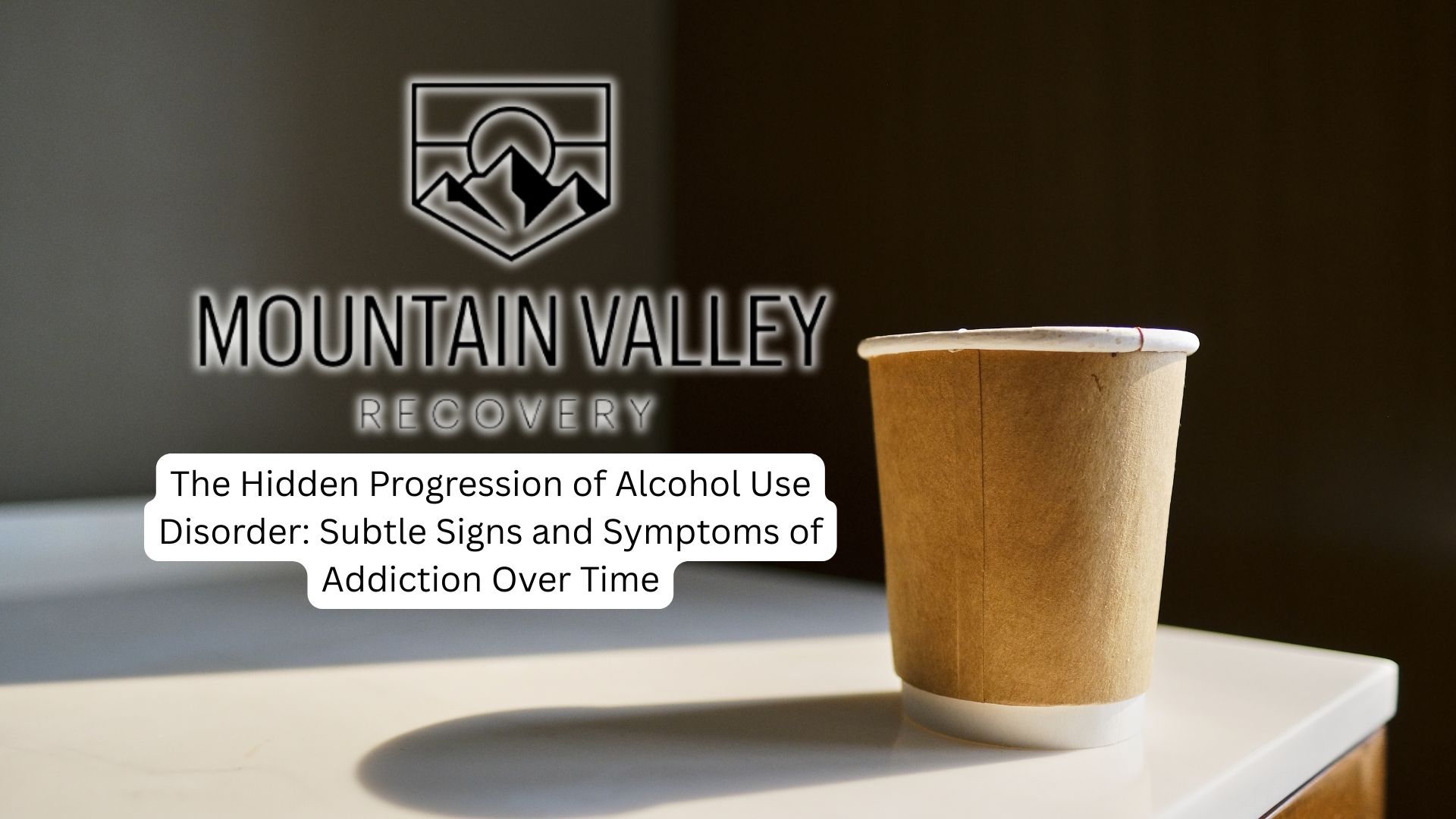Addiction recovery is not a one-size-fits-all process. While everyone encounters obstacles along the path to healing, men often face difficulties shaped by cultural expectations, social pressures, and personal identity. Recognizing these distinct factors is key to developing treatment approaches that address their needs and support lasting recovery.
This article highlights the specific hurdles men may experience in recovery and how targeted support can strengthen long-term outcomes.
Societal Expectations and Masculinity
One of the most significant barriers encountered in recovery is the weight of societal expectations. Many men grow up with messages that discourage openness, viewing vulnerability as weakness. This mindset can make it difficult to admit to having a problem or to seek help.
When masculinity is defined through independence and toughness, admitting to addiction can feel like failure. Without proper support, these beliefs can lead to denial, return to use, or resistance to completing treatment. Acknowledging and addressing these cultural pressures is essential for sustainable recovery.
Rehabs designed specifically for men are impactful because they create environments where participants can openly discuss challenges, practice vulnerability, and build skills without the added pressure of traditional gender expectations.
Emotional Expression and Communication Barriers
Many individuals, especially men in recovery, encounter challenges related to emotional expression. Decades of social conditioning can leave them unprepared to identify or share their feelings. This lack of practice can create barriers in therapy sessions, where emotional honesty is vital for healing.
Some resort to silence or avoidance, which undermines treatment effectiveness. Developing skills to recognize, articulate, and manage emotions is a crucial part of recovery. Programs that provide a safe space to practice vulnerability without judgment help build stronger emotional resilience.
Relationships and Social Pressure
Another challenge lies in relationships and social dynamics. Peer groups that continue to misuse substances can make it harder to break away from destructive environments. In family settings, there may also be pressure to remain the “strong” provider, even when struggling internally. These conflicting expectations can lead to isolation, frustration, or relapse.
Healthy recovery requires rebuilding relationships on a foundation of honesty and accountability. Support systems that encourage balancing responsibility with self-care play a crucial role in preventing setbacks and maintaining sobriety.

Stigma and Reluctance to Seek Help
The stigma surrounding men’s addiction remains a heavy burden. Fear of being judged by employers, family, or peers can delay seeking treatment. In professional environments, individuals may also worry about the impact on their careers if their struggles become known.
This reluctance to ask for help can worsen the severity of addiction before treatment even begins. Breaking down stigma through education, awareness, and compassionate support encourages people to reach out sooner and engage more fully with recovery programs.
Coping Mechanisms and Risk of Relapse
Men are more likely to rely on external behaviors—such as anger, aggression, or risky activities—when coping with stress. These behaviors can hinder recovery through masking underlying emotional pain. If these patterns are not addressed, the risk of relapse increases significantly.
Effective recovery programs help participants replace destructive coping mechanisms with healthier alternatives, such as mindfulness, exercise, or constructive communication. Practicing new skills consistently reduces the risk of returning to use and builds long-term stability.
The Role of Male-Focused Treatment Programs
Gender-specific programs offer an environment where clients feel understood and supported. In male-focused treatment, the challenges unique to men—such as stigma, emotional barriers, and cultural expectations—are addressed head-on. Group sessions with peers who share similar experiences foster connection, accountability, and growth.
Programs tailored to men provide opportunities to practice vulnerability, develop healthier identities, and build community. These specialized approaches improve the likelihood of success in recovery through meeting clients where they are, rather than forcing them into one-size-fits-all treatment models.
Final Thoughts from Mountain Valley Recovery
Recovery for men comes with unique challenges rooted in cultural expectations, emotional barriers, and stigma. Addressing these obstacles directly is essential for building lasting sobriety and preventing relapse. When participants are encouraged to express themselves openly, rebuild healthy relationships, and practice new coping skills, they gain the tools necessary for long-term success.
At Mountain Valley Recovery, we understand the importance of addressing the distinct needs of men in treatment. Our men-only addiction treatment programs in Utah are designed to provide a safe, supportive, and focused environment where clients can confront these challenges head-on and develop lasting strategies for recovery. Through evidence-based care and community connection, we guide individuals toward a healthier and more resilient future.





